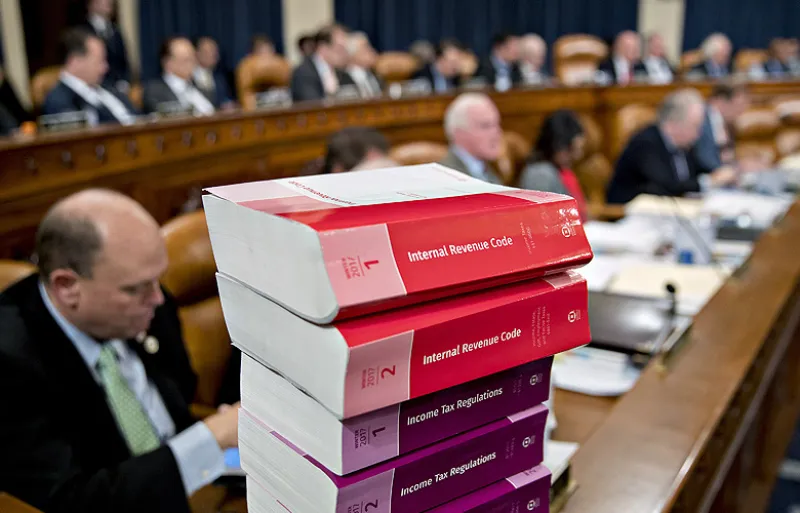Hedge funds could be shut out from the carried interest loophole after all.
Rep. Kevin Brady, R-Texas, introduced on November 6 an amendment to the Republican tax reform bill that will make it more difficult for investment managers to take advantage of a lower tax rate on so-called carried interest, or the cut of profits they receive from their deals. The amendment, passed the same day, will require firms to own assets for three years before reaping the benefits of the loophole.
“This is a different approach than what we’ve seen in the past in terms of proposals to address this issue,” said Andrew Kreisberg, a partner at law firm White & Case, where he focuses on domestic and international tax law. “Past proposals have taken more of an all or nothing approach.”
Critics have questioned why carried interest should be taxed at a capital gains rate — which is lower than the tax rate on ordinary income — when private equity firms and hedge funds are investing on behalf of others, according to Kreisberg. The tax reform bill’s amendment side-steps that moral question entirely, he said.
The legislation focuses instead on stopping hedge funds from using the carried interest loophole, as they typically make shorter-term investments and aren’t viewed as job creators by Congress, according to Kreisberg. Hedge fund managers often sell assets within three years of buying them, he said, while many private equity investments are held for more than five years.
“There’s a large portion of the private-equity community that will be happy with this result,” he said. “The impact on private equity will be limited because of their typical hold periods.”
[II Deep Dive: Tax Reform Bill Leaves Asset Managers Largely Unscathed]
The change is largely in line with what Treasury Secretary Steven Mnuchin had signaled in September at the Delivering Alpha conference in New York. He said that hedge funds would lose the benefit of a carried interest loophole under Trump’s tax reform, while making no mention of how private-equity firms would fare.
There’s another amendment to the reform bill this week that will impact institutional investors: The Ways and Means Committee approved a change introduced by Brady that will allow smaller university endowments to avoid paying excise taxes.
Under the initial bill, private colleges and universities with at least 500 students and endowment assets valued at least $100,000 per full-time student were to become subject to excise taxes, just as private foundations already are. The approved amendment means university endowments will now need assets equal to at least $250,000 per full-time student in order to become subject to the excise tax.
House Republicans have said they want to vote on the bill as early as next week, said Kreisberg, meaning more amendments could be made before then.
“It’s tough to find precedent for this,” Kreisberg said on the timing of the bill. “The last tax reform that was accomplished on this scale was in 1986.”







